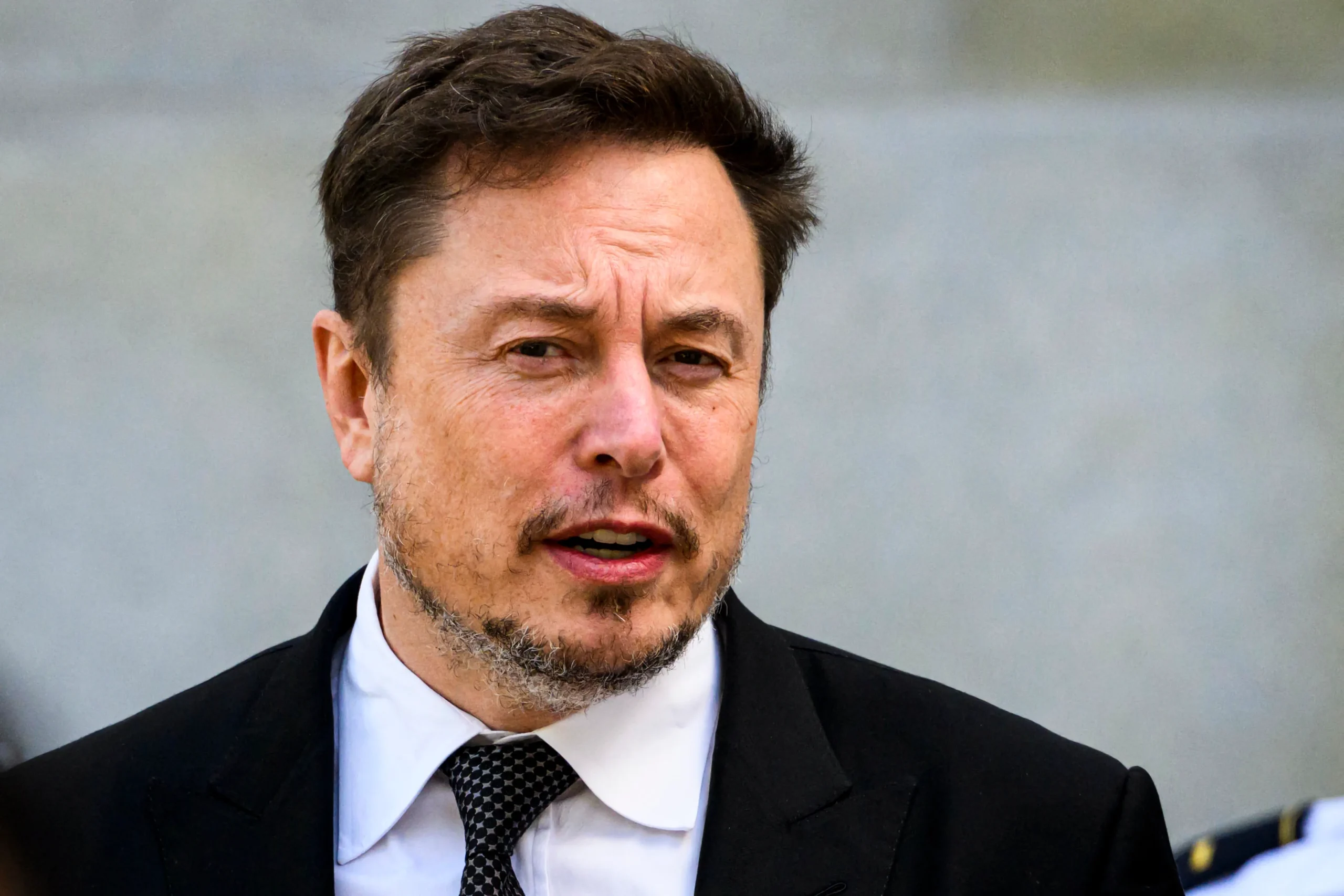Tech mogul Elon Musk has taken a bold stance against a decision by a Brazilian Supreme Court justice ordering his social media platform X, formerly known as Twitter, to block specific accounts, sparking a contentious debate over freedom of expression and judicial overreach. Musk’s defiance has escalated tensions, with the billionaire entrepreneur calling for the judge’s resignation amidst growing scrutiny over censorship and regulatory oversight of social media networks.
In a defiant move, Musk announced that X would lift all restrictions imposed by Justice Alexandre de Moraes on undisclosed Brazilian accounts and would defy the judge’s prohibition on disclosing details of the order. Musk’s outspoken criticism of the judge’s actions underscored his commitment to upholding principles of transparency and freedom of speech, even at the expense of potential financial repercussions for X in Brazil.
Brazil’s solicitor general, Jorge Messias, condemned Musk’s actions, advocating for stricter regulation of social media platforms to prevent foreign entities from flouting Brazilian laws. The dispute highlights broader concerns over the influence of foreign-owned tech giants and their compliance with domestic legal mandates.
X Corp, in a statement, revealed that it had been compelled by court rulings to block specific accounts in Brazil and was constrained from divulging further details or the identity of the presiding judge. The company emphasized its commitment to transparency and due process, echoing Musk’s assertion that the people of Brazil deserve clarity and accountability from their authorities.
Justice Alexandre de Moraes, renowned for his efforts to combat online misinformation and uphold judicial integrity, faces mounting scrutiny over his handling of social media censorship cases. His involvement in investigating alleged coup attempts and addressing online misinformation underscores the complex intersection of technology, politics, and legal governance in Brazil.
Moraes’ previous directives targeting executives of prominent tech firms highlight the broader regulatory landscape concerning internet governance and content moderation. Controversial legislation proposals aimed at holding internet companies accountable for content moderation further underscore the ongoing debate surrounding digital rights and governmental oversight in the digital age.






